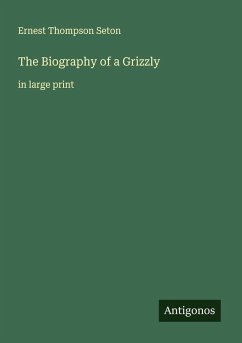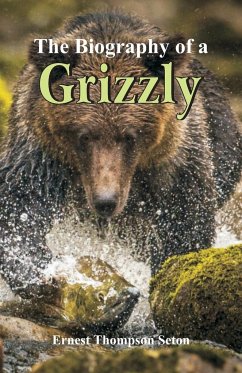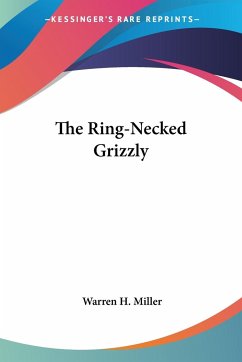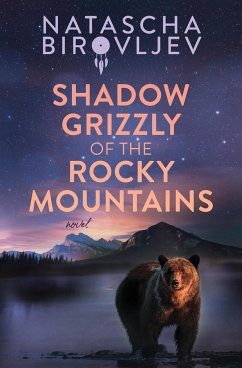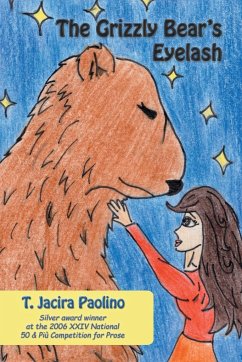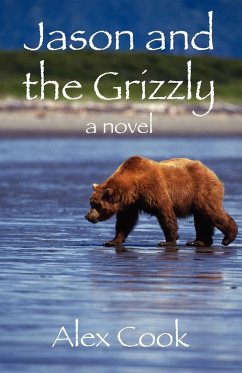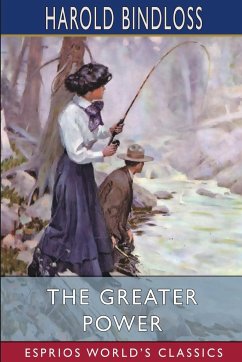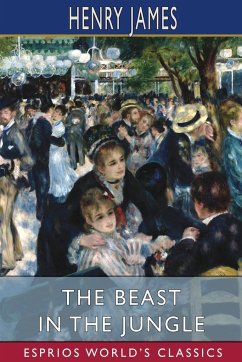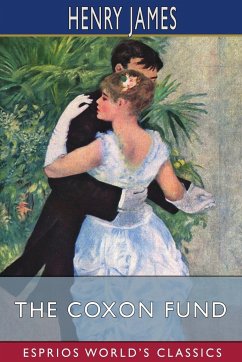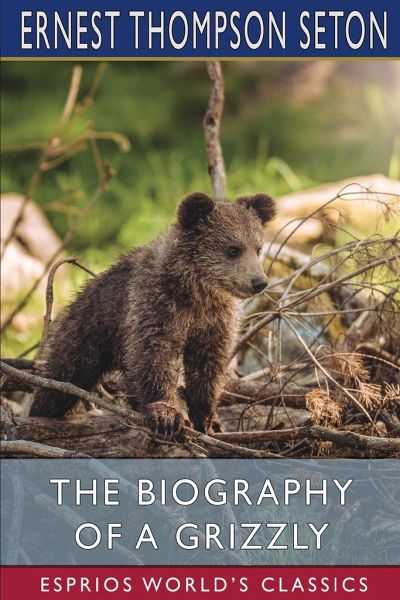
The Biography of a Grizzly (Esprios Classics)
Versandkostenfrei!
Versandfertig in 1-2 Wochen
17,99 €
inkl. MwSt.
Weitere Ausgaben:

PAYBACK Punkte
9 °P sammeln!
Ernest Thompson Seton (born Ernest Evan Thompson August 14, 1860 - October 23, 1946) was an author, wildlife artist, founder of the Woodcraft Indians in 1902 (renamed Woodcraft League of America), and one of the founding pioneers of the Boy Scouts of America (BSA) in 1910. Seton also influenced Lord Baden-Powell, the founder of one of the first Scouting organizations. His writings were published in the United Kingdom, Canada, the US, and the USSR; his notable books related to Scouting include The Birch Bark Roll and the Boy Scout Handbook. He is responsible for the appropriation and incorporat...
Ernest Thompson Seton (born Ernest Evan Thompson August 14, 1860 - October 23, 1946) was an author, wildlife artist, founder of the Woodcraft Indians in 1902 (renamed Woodcraft League of America), and one of the founding pioneers of the Boy Scouts of America (BSA) in 1910. Seton also influenced Lord Baden-Powell, the founder of one of the first Scouting organizations. His writings were published in the United Kingdom, Canada, the US, and the USSR; his notable books related to Scouting include The Birch Bark Roll and the Boy Scout Handbook. He is responsible for the appropriation and incorporation of what he believed to be American Indian elements into the traditions of the BSA.




